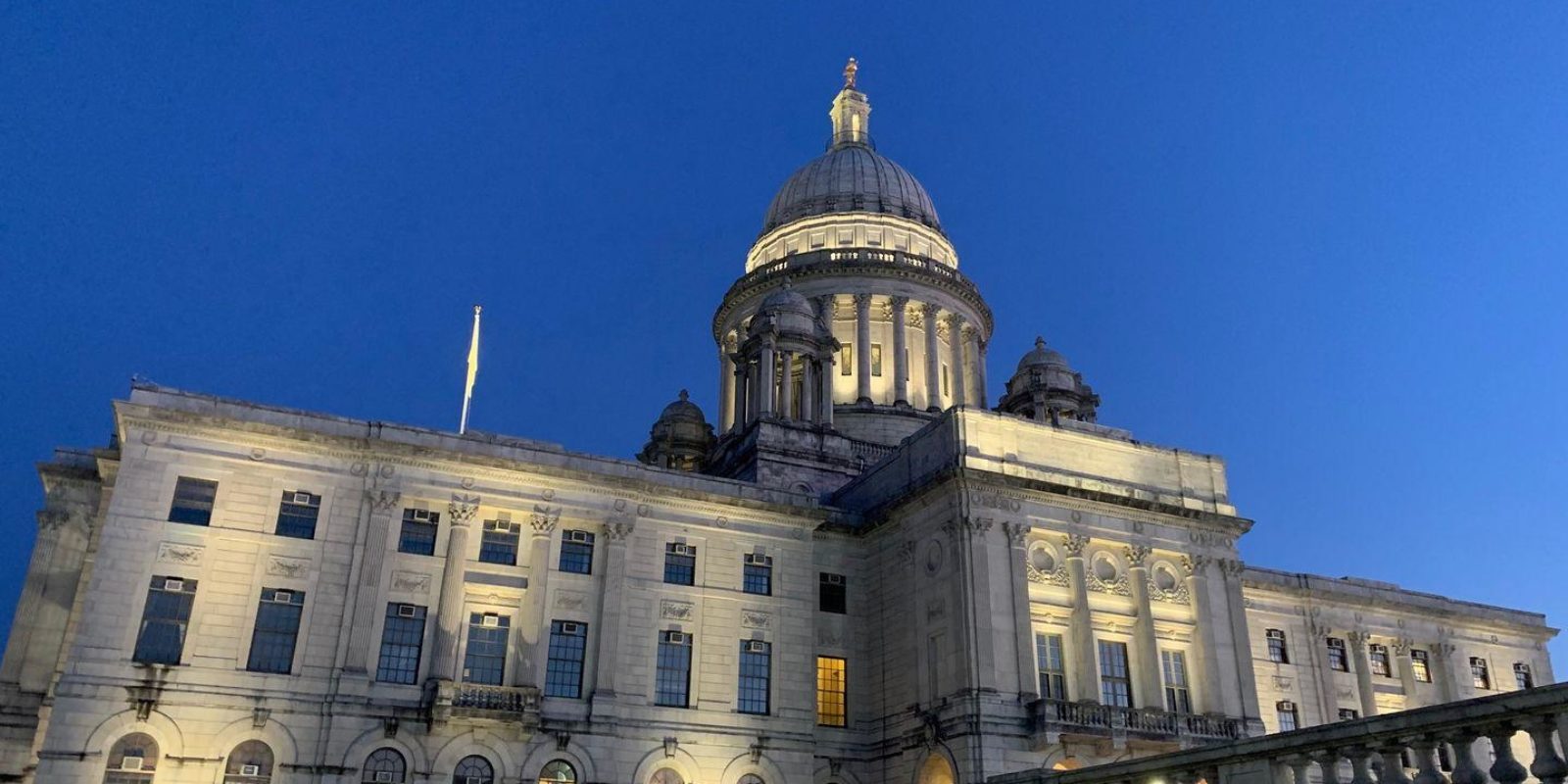Recommended investments called for decreasing the homeownership rate disparity between BIPOC and white communities and achieve “functional zero” for homelessness in Rhode Island.
October 04, 2021
PROVIDENCE — A group of Rhode Island housing organizations are calling on the state to use nearly half of its federal dollars from the American Rescue Plan Act to fix the state’s housing crisis.
In a newly published report, advocates requested the use $500 million of the state’s $1.1 billion ARPA funds to be allocated to affordable housing. The advocates called for $350 million to go toward producing, protecting, and preserving affordable homes statewide; $60 million to go toward housing access and stability statewide; and $90 million to support municipalities and the state in creating and preserving “safe and healthy homes.”
The advocates called for clear results to be produced by 2030, including at least 1,800 new deed-restricted homes for low-income households and to decrease the homeownership rate disparity between BIPOC communities and white communities.
The report and its recommendations were prepared by 12 organizations under the coalition “Homes R.I.”: the United Way of Rhode Island, Housing Works R.I. at Roger Williams University, ONE Neighborhood Builders, Crossroads Rhode Island, the Housing Network, Rhode Island Kids Count, R.I. Housing, Childhood Lead Action Project, Direct Action for Rights & Equality, the Economic Progress Institute, the Rhode Island Center for Justice, and the Rhode Island Coalition to End Homelessness.
Here are some highlights from the report.
Producing, protecting and preserving affordable homes statewide ($350 million)
Build at least 1,800 new deed-restricted homes for low-income households
Protect at least 200 units for affordable housing
Preserve at least 500 existing deed-restricted homes where restrictions are about to expire
Decrease homeownership rate disparity between BIPOC communities and white communities
Housing access and stability across the state ($60 million)
Achieve “functional zero” for homelessness in Rhode Island so that instances of homelessness are “rare, brief, and non-recurring.”
$45 million for rental assistance, which would expand landlord partnership programs to encourage landlords to participate in the housing choice voucher program, increase rental subsidy value, and replenish the Neighborhood Opportunities fund
Support to municipalities ($90 million)
An update to individual zoning and planning regulations in Rhode Island’s 39 cities and towns that would shorten the process to develop more housing.
Implement a “more robust” local housing plans with specific goals.
$25 million for expanded staff capacity at both state and municipal agencies
$25 million for a forgivable loan fund to remedy code violations and repair properties so they meet Housing Quality Standards and Universal Design standards.
$40 million to support cities and towns in their effort to enforce local ordinances related to any building code violations and vacant dwellings.
Read full article by Alexa Gagosz on the Boston Globe website here.

